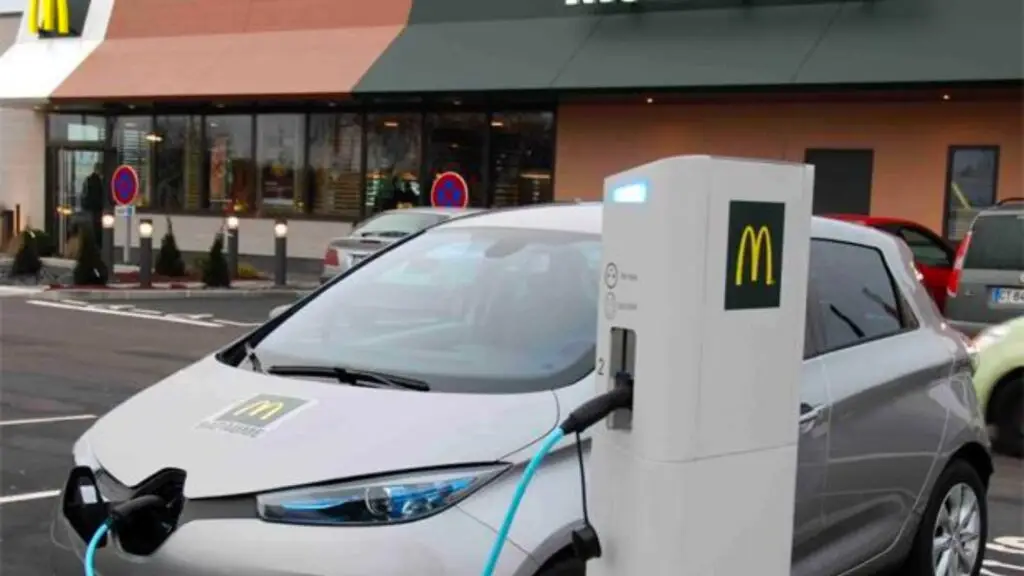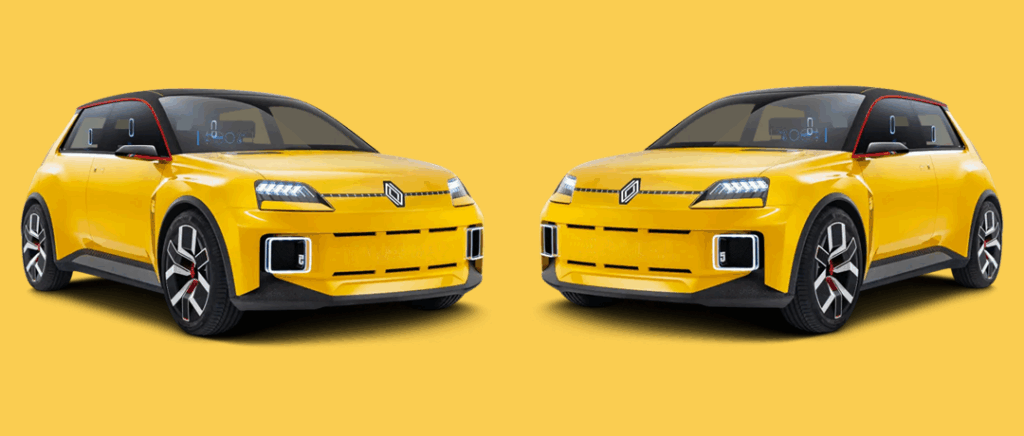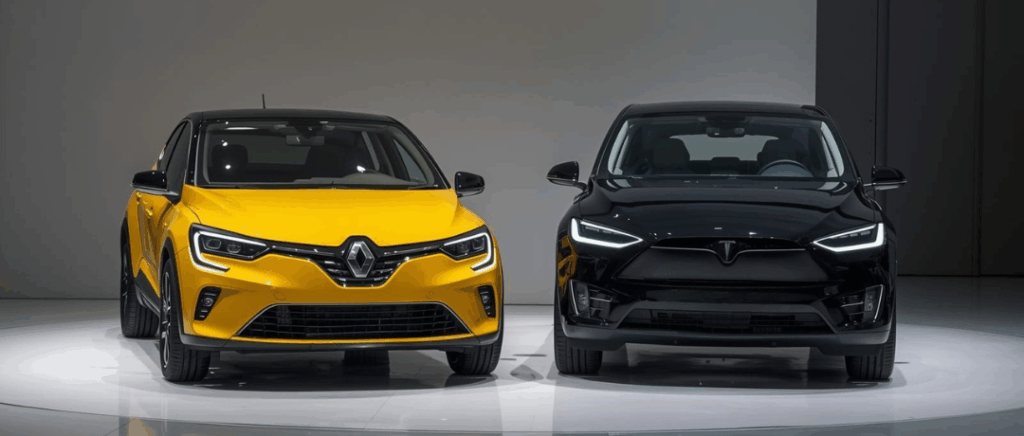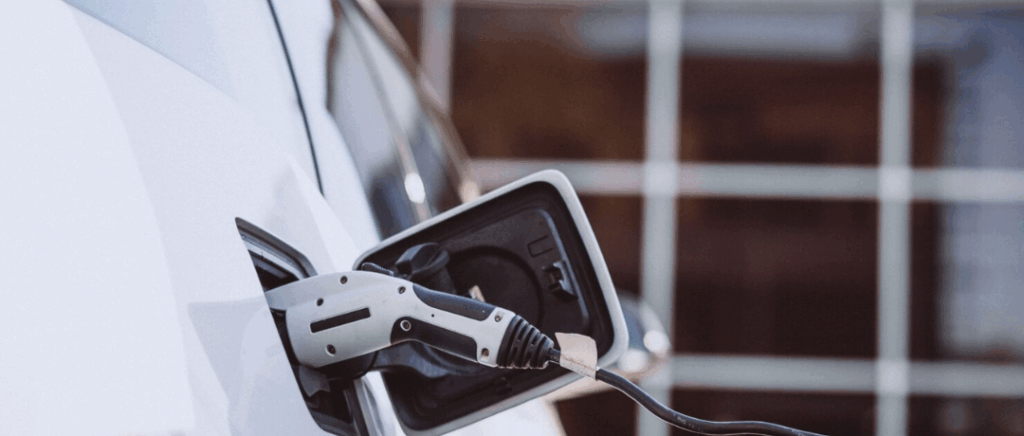Our experts answer your questions with a smile
Monday to Friday 9am - 12.30pm - 2pm - 7pm
From burgers to healthy dishes
McDonald's, cIt's an American success story.Cheap burgers sold in one restaurant in the United States, then in several restaurants, until they became the giant we know today.
Once upon a time there was Mac & Richard McDonald
Founded in 1948 by two brothers, Maurice("Mac")and RichardMcDonaldin SanBernardinoin California, the company was supported by one of their suppliers RayKroc.The concept is simple:burgers are sold for 15 centimes(i.e. 2 times less expensive than competitors' burgers).There was no need for waiters, as orders were taken at the counter and the burgers were prepared in advance to reduce waiting time.
Faced with the monstrous success of the two brothers, RayKrocsuggested that they create a franchising programme that would enable the company to grow very rapidly from 1955 onwards.Little by little, the company conquered the United States and became an imposing brand with its clown RonaldMcDonaldand its signature dishes such as the Big Mac(1968)theHappy Meals (1979)or theChicken McNuggets (1983). "
The end of Supersize and the healthy turn
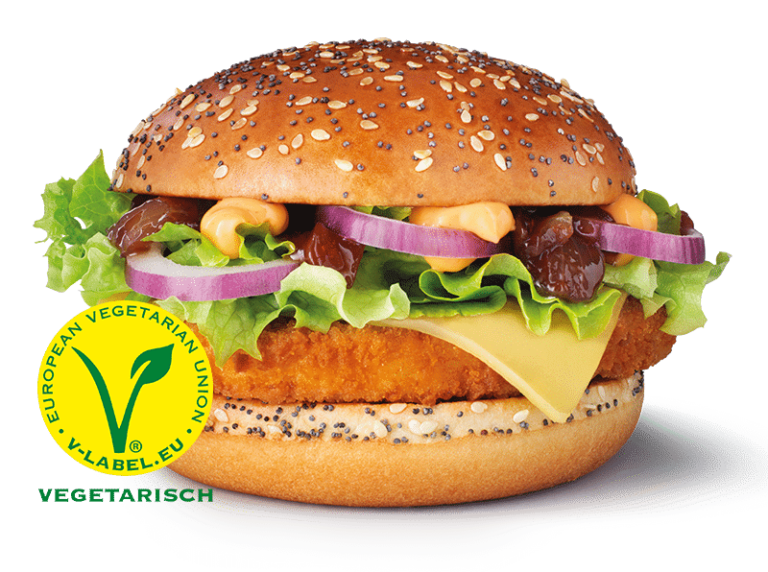
McDonald's success has nevertheless provoked increasing criticism, much of it because of its involvement in the global rise in obesity.McDonald's moved quickly to add "healthy"with healthy ingredients and testing hamburgersvegan.
What's more, the company has also eliminated trans oils from its recipes and done away with dishes known as "fat-free".Supersize"(large portions)in the United States and Canada.
The company has also started to offer healthier alternatives to its customers with salads added to the menus.Salads and bars have also recently appeared in several franchises.
The Macdonaldisation of the world
But McDonald's isn't just about burgers with the same taste, it's also about exceptional market penetration.McDonald's has gradually established itself in several countries around the world. In 2022, there will be 42,275 McDonald's restaurants in the world.This figure has been rising steadily since the start of the franchise system.McDonald's is present in over 100 countries around the world and throughout Europe.
This location allows it to innovate and reorganise its spaces as it sees fit.
The largest fast-charging station?
As is so often the case with electric cars, the future lies in Northern Europe. In Norway, charging stations are replacing petrol pumps and sales of electric cars are now in the majority in the country.Our neighbours have a lot to teach us, but above all they are an unprecedented laboratory of innovation for brands. Mcdonald'shas begun to roll out its charging points in northern countries.Since these experiments have been so successful, we'll no doubt be seeing the same thing happen in France in a few years' time.
The case of Mcdonald's in Sweden
With the increasing number of electric cars on the road,Mcdonald'shas become the largest restaurant chain for recharging electric cars in several countries, particularly in the Nordic countries.In Sweden, after installing its first charging stations in 2009, the multinational now has 55 charging stations in the country. The expansion of charging points continues, Mcdonald'sto include charging points in all its restaurantsDrive-Thru.
According to a survey commissioned byMcdonald's48 % of electric car drivers say that it is difficult to find charging stations.
To make it easier for drivers of electric vehicles to recharge,Mcdonald'shas put in place guidelines to make it easier to geolocate these charging points.
In Sweden, the first signs were installed by restaurantsMcDonald'sàMjölbyandMunkedal.
Historically, McDonald's has often been involved in the development of fast-charging stations on Swedish motorways.More and more drivers are using their electric cars for longer journeys, and restaurants and hotels have a duty to participate in these changes in behaviour. This represents a major commercial and marketing opportunity for fast-food chains such as McDonald's.
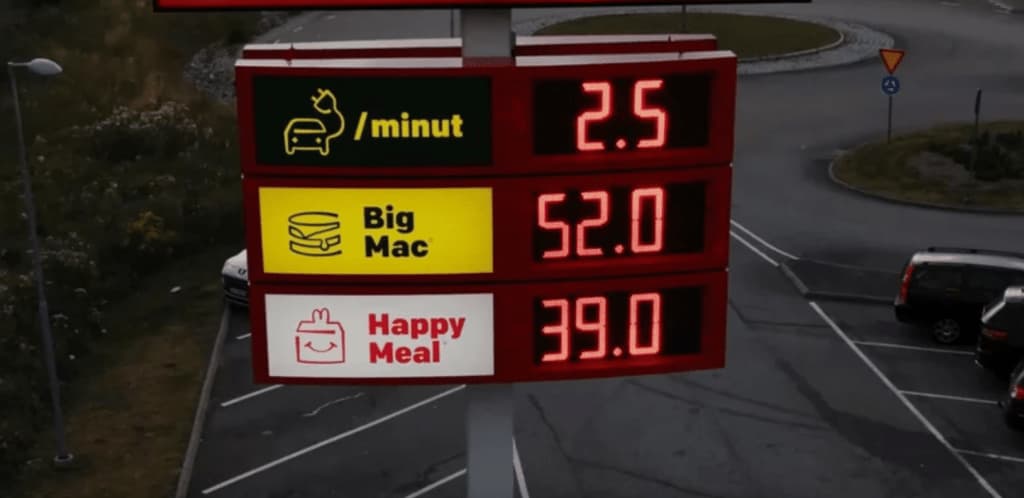
McDonald's plans to have a recharging station at every drive-in in the Netherlands
In 2018, McDonald's announced an exclusive partnership with Dutch company Nuon to install charging stations for electric vehicles at its Drive-ins in the Netherlands.
Nuon is a Dutch company that has already installed more than 7,000 charging points for electric vehicles in the Netherlands.
But Nuon's mission doesn't stop there. With growing demand from motorists, many companies also want to offer recharging solutions to their customers. Not least McDonald's.
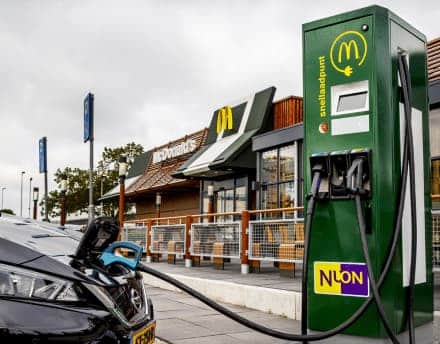
The agreement provides for the installation of 168 charging stations in every McDonald's in the Netherlands equipped with a McDrive. The aim is to charge an electric vehicle in half an hour. The energy will be renewable, thanks to wind turbines.
"With this agreement with Nuon, we are taking an important step forward in addition to our objectives to make our restaurants more environmentally friendly. Electric drivers can be back on the road in less than half an hour and still have time for a good cup of coffee. The fast-charging stations run entirely on green electricity. - Bas Klaassen, Director of Property Development and Construction at McDonald's.
McDonald's has set itself a series of ambitious targets to reduce its carbon footprint. carbon footprint as part of its CSR policy. They plan to reduce their CO2 emissions by 36 % by 2030.
➡️ ALSO WORTH READING - CSR (Corporate Social Responsibility): definition and examples
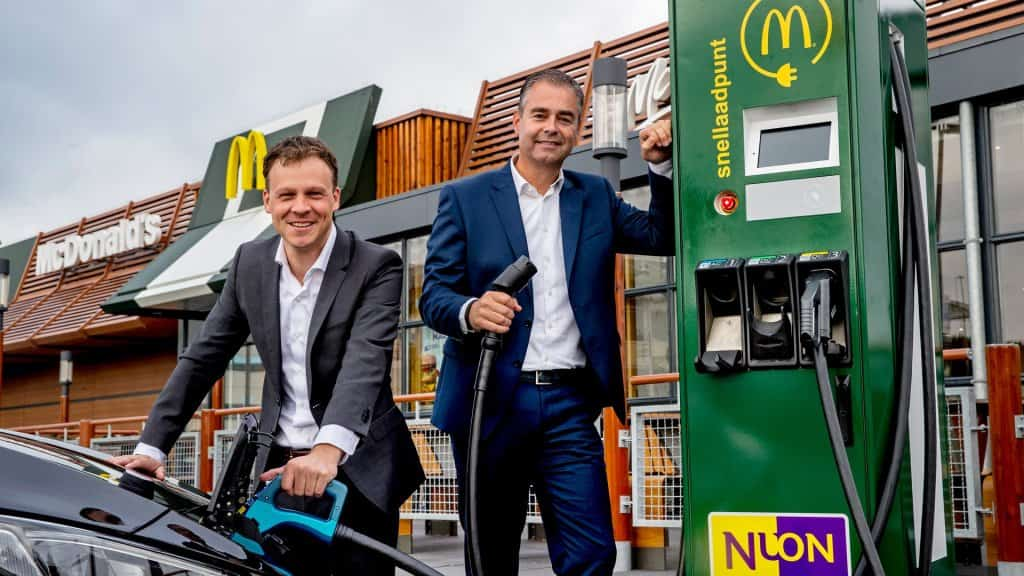
What about fast-charging in McDonald's in France?
McDonald's and Izivia (an EDF subsidiary) are launching a brand new electric vehicle recharging network: "Izivia Fast". As a reminder, there were no restaurants offering recharging points, but the first were recently installed in Noisy-le-Grand.
The installation of 2,000 ultra-fast recharging infrastructures on all McDonald's car parks is planned between now and 2025. The charging points will have a total power of 150 kW. Drivers will then be able to recharge 80 % of their battery in around 20 minutes.
As far as prices are concerned, the aim of the American group and Izivia is to offer drivers a more affordable solution than public charging points. The cost of the service will therefore be around 35 cents/kWh. Izivia Fast runs on wind, solar and hydroelectric power. This green electricity considerably reduces CO2 emissions.
This approach is perfectly in line with the government's objective of offering 400,000 public charging points across the country by 2030.
With Beev, adopt a turnkey solution to install ultra-fast charging stations like McDonald's and attract new customers!
